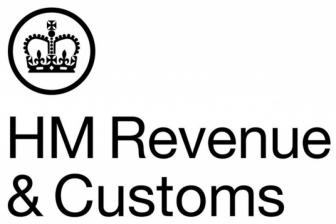HMRC is being urged not to use the pandemic as an excuse for a stealth tax on holiday letting owners.
Blick Rothenberg wants the chancellor to use the Budget tomorrow to relax the conditions for rental properties to qualify as furnished holiday lettings (FHLs).
Fiona Fernie a partner at the tax and advisory firm, said: “FHLs are increasingly popular as a result of sites such as Airbnb and Booling.com and, with foreign travel continuing to be banned as a result of coronavirus restrictions, are likely to be more in demand this summer than ever before.”
She added: “The problem is that due to strict tests imposed by HMRC property owners are likely to lose their tax status which would effectively give them a higher tax burden through no fault of their own.
“In view of the crippling impact of the pandemic on the hospitality industry, it seems only reasonable that the Chancellor, and HMRC, should create a concession for 2020/21 and 2021/22 so that this does not happen.”
According to Fernie, the main problem is that the government has encouraged FHL ownership, by providing tax benefits compared to properties let out normally or on an Assured Shorthold Tenancy – including the generous treatment of mortgage interest as an allowable deduction in full, the potential for a lower capital gains tax rate on sale and the income taken into account when making pension contributions.
However, there are very strict tests as to what can be considered to be an FHL, including what are known as the three occupancy conditions, all of which have to be met.
Fernie explained: “These are that the property must be available for letting to third parties as an FHL for at least 210 days in the year, must actually be let commercially to the public for at least 105 days in the year, and lettings which exceed 31 continuous days must not exceed 155 days during the year.”

She continued: “The pandemic is likely to have caused many landlords operating FHLs to fall foul of these conditions.
“The three national lockdowns imposed by the UK government means that it is more than likely that many properties have not been let for as much as 105 days and thus fail the letting condition.
“In normal circumstances, if the owner doesn’t let the property for at least 105 days, they have two options to make elections that can help them reach the occupancy threshold; the averaging election (averaging occupancy levels across all their properties) and the period of grace election. (an election to allow the property to continue to qualify as an FHL as long as the pattern of occupation and availability conditions were met).
“The averaging election is unlikely to be of any help at all in the current circumstances since all such properties are likely to have been hit by reduced occupancy in 2020/21.
“A period of grace election may help but can only be made under certain conditions which could prove difficult for some owners whose businesses are in their infancy.”
Fernie added: “There are also serious question marks over the other two conditions. For example, during periods where government advice has been that people either cannot or should not take holidays in particular locations, can landlords say that their property was even available for letting, let alone occupied?”



Comments are closed.